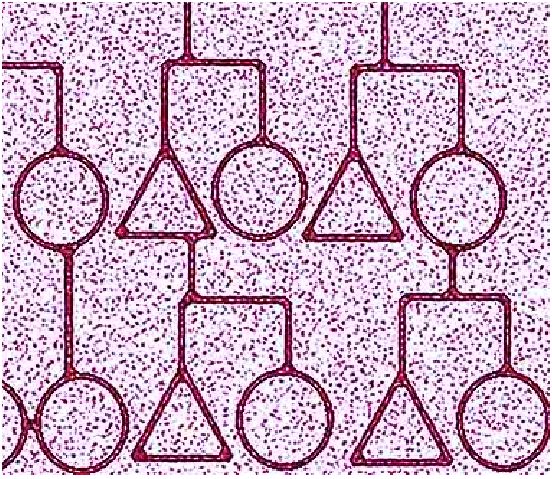The Palace Law of Succession of Siam was enacted in 1924 (р╕Бр╕Ор╕бр╕Ур╣Ар╕Ср╕╡р╕вр╕гр╕Ър╕▓р╕ер╕зр╣Ир╕▓р╕Фр╣Йр╕зр╕вр╕Бр╕▓р╕гр╕кр╕╖р╕Ър╕гр╕▓р╕Кр╕кр╕▒р╕Щр╕Хр╕Хр╕┤р╕зр╕Зр╕ир╣М р╕Юр╕гр╕░р╕Юр╕╕р╕Чр╕Шр╕ир╕▒р╕Бр╕гр╕▓р╕К р╣Тр╣Фр╣Цр╣Ч) during the reign of King Vajiravuth. It was designed to set the rules of succession to the throne, an issue that caused controversies in the previous Chulalongkorn era. In the aftermath of King Prajadipok’s abdication in 1935, Prince Ananda, according to the Palace Law of Succession, was chosen to succeed the throne. He became King Ananda Mahidol in the same year.
During the reign of King Bhumibol Adulyadej, there have been two major amendments of the Palace Law of Succession. In 1974, the palace added two clauses.
First, in the absence of a prince, Parliament could select a princess as successor to the throne. It is important to note that the 1924 Palace Law on Succession banned female monarchs.
Second, the Palace Law could in the future be amended. Previous constitutions declared the law immutable. This was considered a giant step towards making the Palace Law more flexible and less restricted.
Then, in 2007, Section 22 of the Constitution elaborated how the Palace Law could be amended:
The Amendment of the Palace Law on Succession, B.E. 2467 (1924) shall be the prerogative of the King. At the initiative of the King, the Privy Council shall draft the Palace Law Amendment and shall present it to the King for His consideration. When the King has already approved the draft Palace Law Amendment and put His signature thereon, the President of the Privy Council shall notify the President of the National Assembly for informing the National Assembly. The President of the National Assembly shall countersign the Royal Command, and the Palace Law Amendment shall have the force of law upon its publication in the Government Gazette.
In Section 23 of the 2007 Constitution, it also indicated:
In the case where the Throne becomes vacant and the King has already appointed His Heir to the Throne under the Palace Law on Succession, B.E. 2467 (1924), the Council of Ministers shall notify the President of the National Assembly. The President of the National Assembly shall convoke the National Assembly for the acknowledgement thereof, and the President of the National Assembly shall invite such Heir to ascend the Throne and proclaim such Heir King….In the case where the Throne becomes vacant and the King has not appointed His Heir under paragraph one, the Privy Council shall submit the name of the Successor to the Throne under section 22 to the Council of Ministers for further submission to the National Assembly for approval. For this purpose, the name of a Princess may be submitted. Upon the approval of the National Assembly, the President of the National Assembly shall invite such Successor to ascend the Throne and proclaim such Successor King.
The heir apparent to the throne is HRH Prince Maha Vajiralongkorn, eldest and only son of King Bhumibol. With the 1924 Palace Law of Succession still in effect, should the upcoming royal transition be smooth?
 Facebook
Facebook  Twitter
Twitter  Soundcloud
Soundcloud  Youtube
Youtube  Rss
Rss 